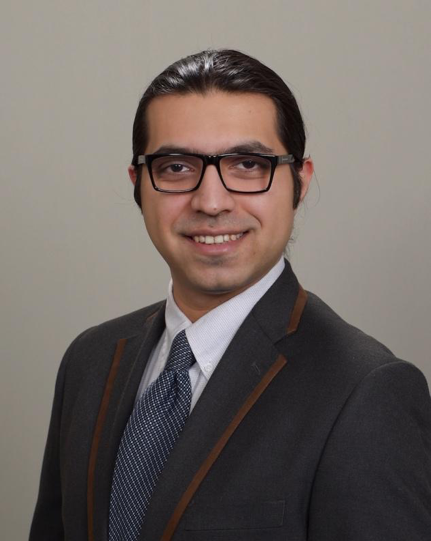
Where: Montgomery Community College (Rockville Campus) – Humanities Building (HU), Conference Room 009
(Get Directions, Campus Map)
Language: Farsi

Synopsis:
The interesting dynamics of vehicular traffic has gained both engineers and physicists attention for decades. While traffic engineering has been very successful in predicting or even controlling the traffic in a given situation based on empirical data, physicists approach is usually quite different. Physicist are mostly interested in modeling traffic in order to describe the general features of typical traffic. Developing models not only can provide an understanding towards the complexity of the traffic phenomena, but also may help to extract the fundamental aspects of traffic and use them to predict and control the real traffic state.
The flow of traffic represents a many-particle non-equilibrium problem with important practical consequences. Traffic flow shows well defined collective behavior where the free flow of traffic at low density changes abruptly with growing density to a denser phase with jams. The jams themselves show organized motions with start-stop waves as the cars creep forward. In addition to free flow and jam phases, there are also instances of synchronized flow at low velocity. Understanding the collective dynamical behavior and controlling the jams will give insight into effective traffic management.
About the Speaker:
Ashkan Balouchi is a Data Scientist at LifeNome, a revolutionary personal genomics company with the aim of revolutionizing how individuals make well-being decision. He received his PhD in physics from Louisiana State University on feedback control analyses on complex dynamical systems. He focused on modeling the traffic phenomenon using theoretical physics and strong numerical simulations to understand the underlying features of the traffic jams. He was also a member of Hearne Institute for Theoretical Physics. Before moving to the US in 2010, He received his MSc. and BSc. from Sharif University of Technology, during which he trained more than 20 international physics Olympiad medal winners.
For this lecture: light refreshment will be provided
Please click here to RSVP.
